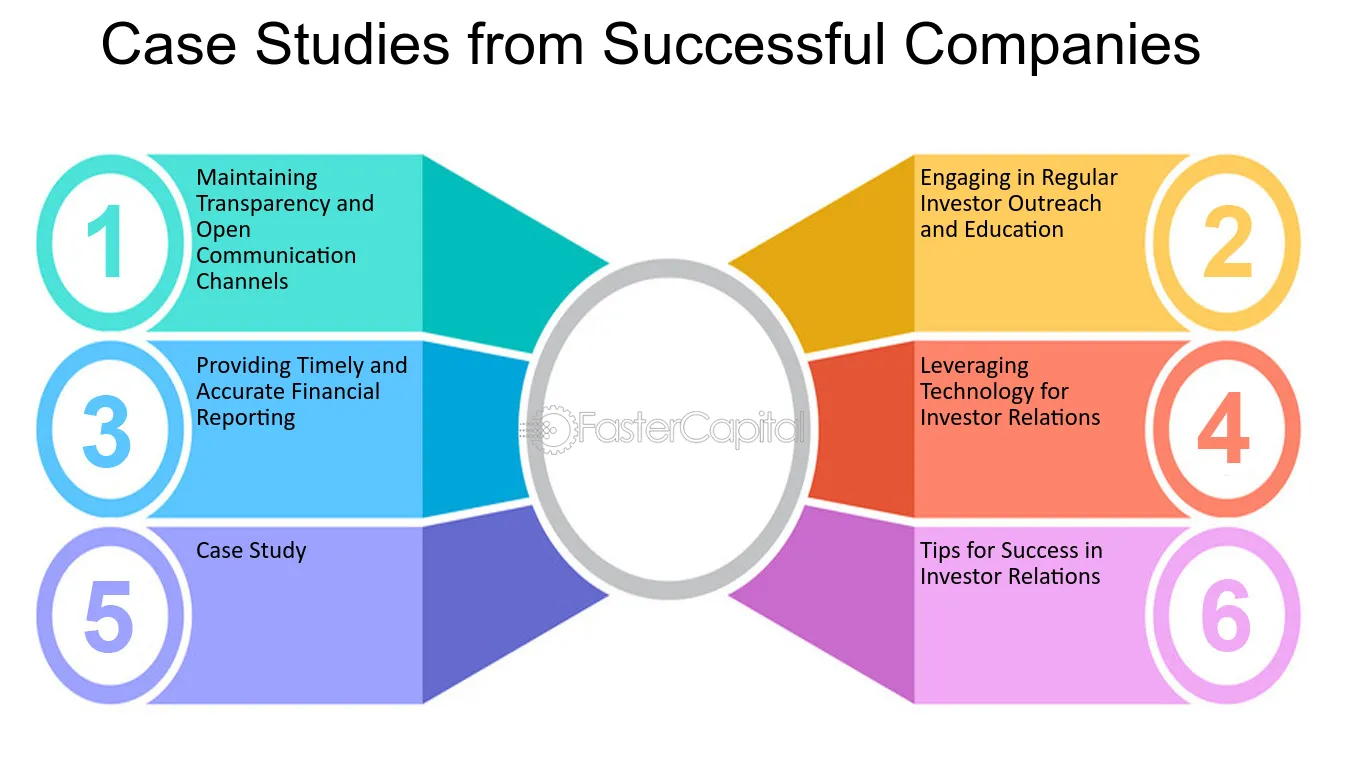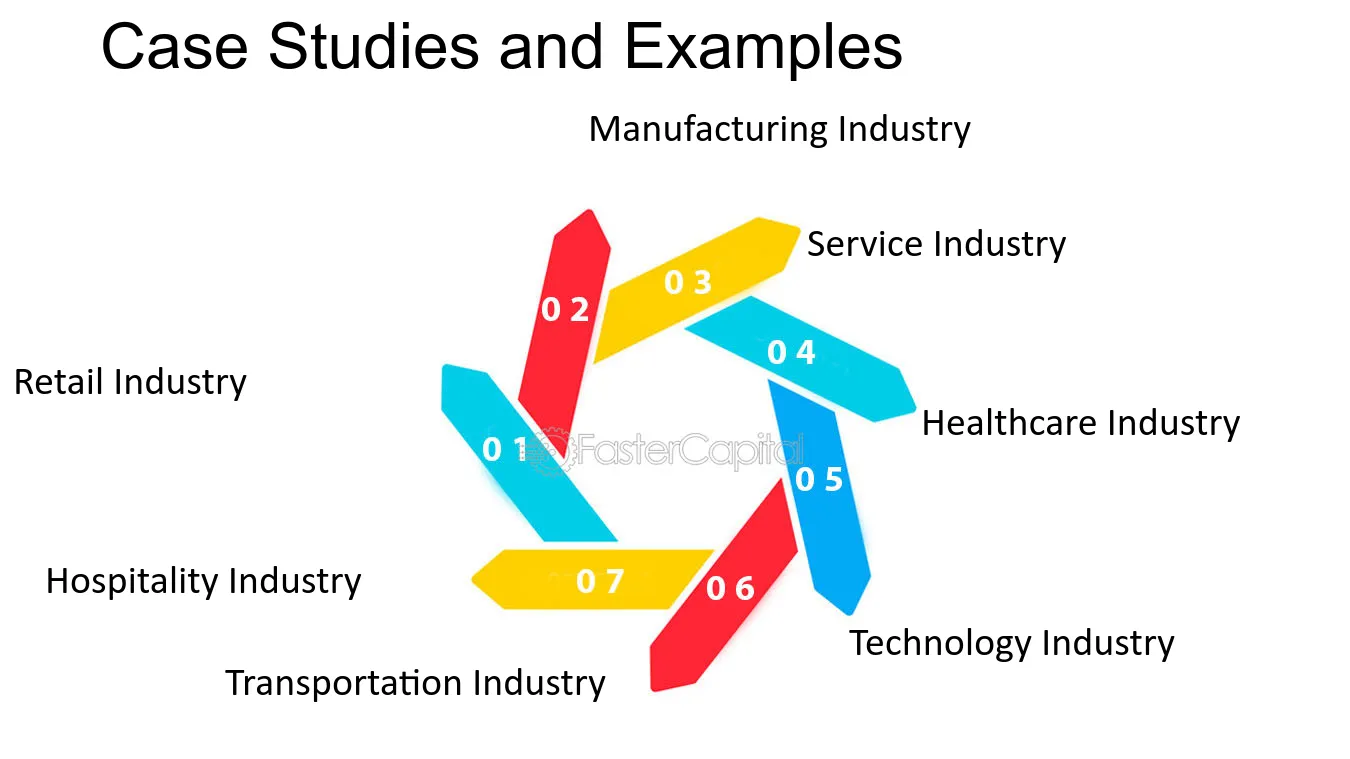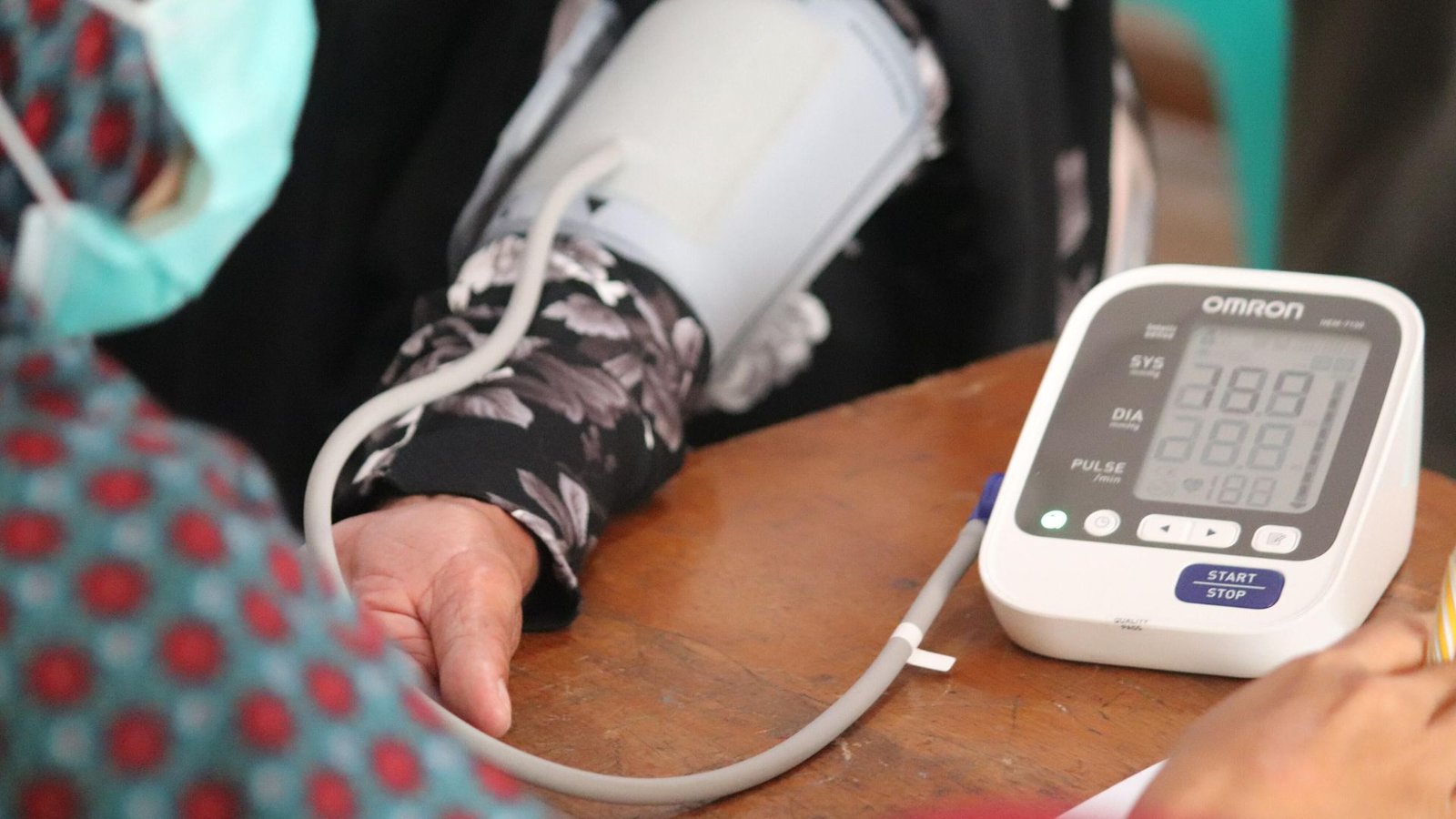Successful Businesses and Economic Initiatives in Fonni
Fonni, a picturesque town nestled in the heart of Sardinia, Italy, has managed to maintain a thriving local economy through a blend of traditional practices and innovative initiatives. Despite its small size and rural setting, Fonni boasts several success stories that showcase its economic resilience and entrepreneurial spirit. This article delves into some of the standout examples of successful businesses and economic initiatives that have significantly contributed to the town’s prosperity.

Successful Businesses
Agriturismo Su Pinnettu: Blending Tradition with Tourism
Agriturismo Su Pinnettu is a prime example of how blending traditional agriculture with modern tourism can create a thriving business model. This family-run agriturismo (farm stay) offers visitors an authentic Sardinian experience, combining comfortable accommodations with hands-on farming activities. Guests can participate in sheep herding, cheese making, and traditional Sardinian cooking classes, providing an immersive cultural experience.
The success of Agriturismo Su Pinnettu lies in its ability to attract tourists seeking unique, off-the-beaten-path experiences. By leveraging Fonni’s rich agricultural heritage and stunning natural landscapes, the agriturismo has become a popular destination for both domestic and international tourists. The business has not only boosted the local economy but also helped preserve traditional farming practices and promote sustainable tourism.
La Casa del Miele: Sweetening the Local Economy
La Casa del Miele, or “The House of Honey,” is a local enterprise that has successfully turned beekeeping into a lucrative business. Founded by the Secci family, this honey production company focuses on creating high-quality, organic honey and other bee-related products. Their dedication to sustainable beekeeping practices and the preservation of local flora has earned them a loyal customer base.
In addition to producing honey, La Casa del Miele offers educational tours and workshops, teaching visitors about the importance of bees and the process of honey production. These initiatives have raised awareness about environmental conservation and provided an additional revenue stream for the business. By diversifying their offerings, the Secci family has created a resilient enterprise that contributes to Fonni’s economic stability.
Fonni’s Artisanal Textile Cooperative: Weaving Economic Growth
Fonni’s Artisanal Textile Cooperative is a shining example of how traditional craftsmanship can be revitalized to support the local economy. The cooperative consists of skilled weavers who produce high-quality, handwoven textiles using age-old techniques passed down through generations. These textiles, known for their intricate designs and durability, have gained recognition both locally and internationally.
The cooperative has successfully marketed its products to a global audience through online platforms and participation in international craft fairs. This has not only increased sales but also provided employment opportunities for local artisans, particularly women. By preserving traditional weaving techniques and adapting to modern market demands, the cooperative has played a crucial role in sustaining Fonni’s cultural heritage and economic well-being.
Eco-Tourism Initiatives: Promoting Sustainable Development
Eco-tourism initiatives in Fonni have significantly contributed to the town’s economic growth while promoting environmental sustainability. One notable initiative is the development of eco-friendly hiking trails that showcase the natural beauty of the region. These trails, maintained by local environmental groups and supported by the municipality, attract nature enthusiasts and adventure tourists.
The revenue generated from eco-tourism has been reinvested in conservation efforts and community projects. By this creating a positive feedback loop that benefits both the environment and the local population. Eco-tourism has also encouraged the development of complementary businesses, such as eco-lodges, guided tour services, and local handicraft shops, further boosting the town’s economy.
Cantina del Mandrolisai: Reviving the Local Wine Industry
Cantina del Mandrolisai is a successful winery that has played a pivotal role in reviving Fonni’s wine industry. Specializing in the production of Mandrolisai wine, a unique blend of native grape varieties, the winery has gained a reputation for excellence in both Italy and abroad. The success of Cantina del Mandrolisai can be attributed to its commitment to quality, innovation, and sustainable viticulture practices.
The winery offers guided tours and tastings, attracting wine enthusiasts and tourists to Fonni. By collaborating with local farmers and investing in modern winemaking technology, Cantina del Mandrolisai has not only increased its production capacity but also supported the local agricultural sector. The winery’s success has highlighted the potential of niche agricultural products in driving economic growth in rural areas.
Conclusion
Therefore, the success stories of Agriturismo Su Pinnettu, La Casa del Miele, Fonni’s Artisanal Textile Cooperative. Moreover, eco-tourism initiatives, and Cantina del Mandrolisai demonstrate the diverse and dynamic nature of Fonni’s economy. Also, these businesses and initiatives have leveraged the town’s rich cultural heritage, natural beauty. Furthermore, and traditional skills to create sustainable economic opportunities. By blending tradition with innovation, Fonni has carved out a path to prosperity that serves as a model for other rural communities in Italy and beyond.


















